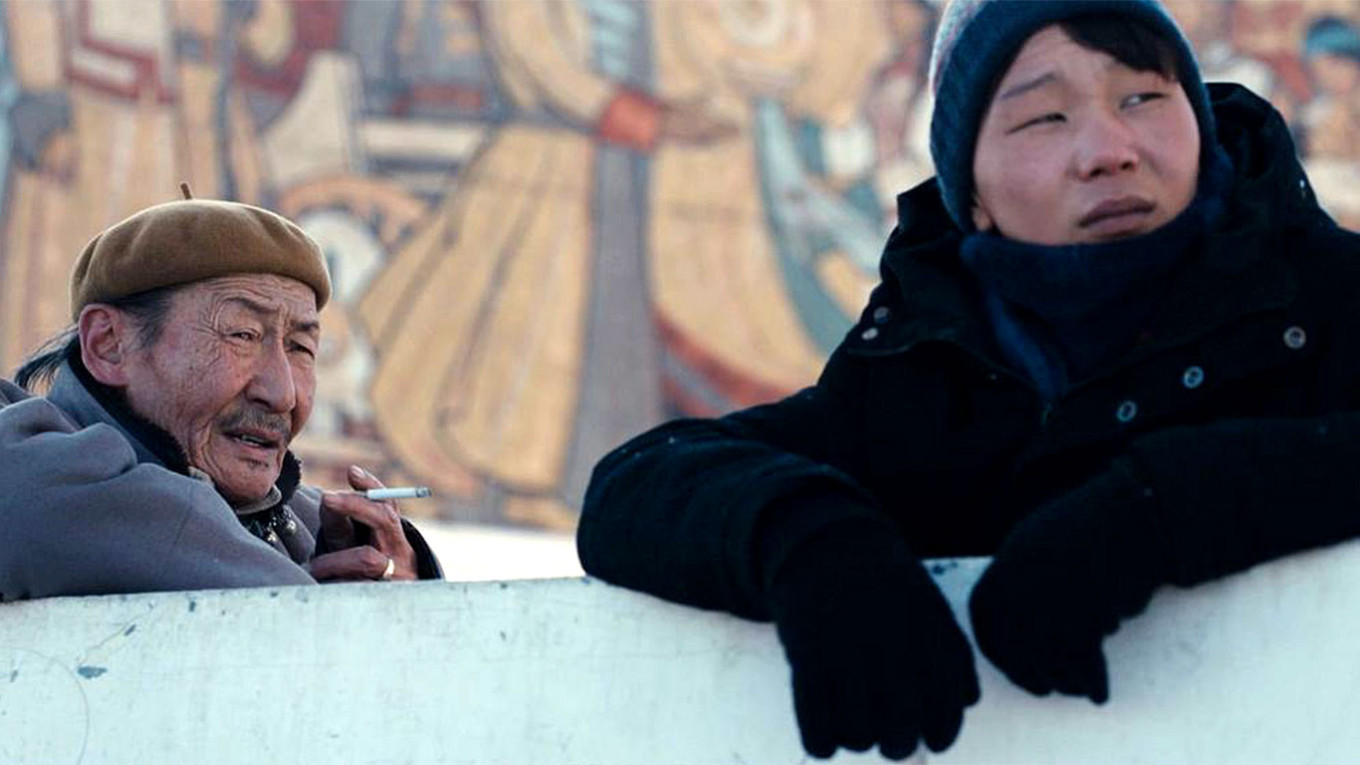As the focus moves away from Russia in the arts, a space has opened for films from countries once considered the periphery of the Soviet Union. This year films from Georgia and Mongolia got accolades at the 76th International Cannes Film Festival. Both were directed by women and unveil the challenging and arduous daily routines of people leading lives that seem stuck in the medieval age, barely relieved by the technological and social advances enjoyed elsewhere.
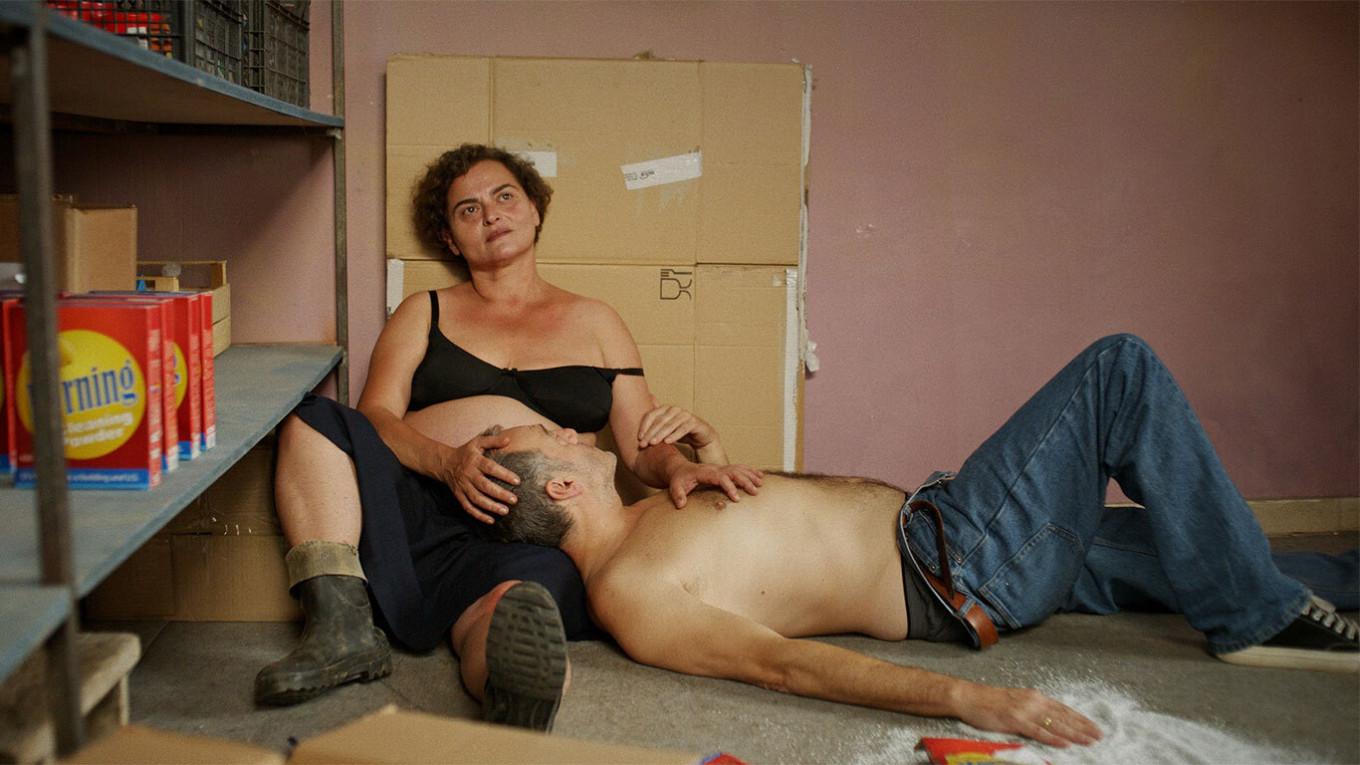
A bird of a different feather
The “Director’s Fortnight” program showcased the film "Blackbird Blackbird Blackberry" by Georgian director Elene Naveriani, based on the novel by Tamta Melashvili. It is the story of Etero, a 48-year-old owner of a small grocery store. She lives in a small town and leads a secluded life, marked by the loss of her mother in childhood and a youth overshadowed by the despotic control of her father and brother. Etero's days are filled with the comforting routine of trips to the nearby town, visits to her beloved café where she indulges in pastries despite her weight, and gathering wild blackberries on her way back home. One day, during a berry-picking expedition, a near-fatal incident shakes her to the core. This experience makes her reckless, and in the evening, when her regular delivery man, Muran, arrives with new goods, she decides to share an intimate moment with him and loses her virginity. From that point on, her routine is further disrupted by encounters with her married lover. But when he proposes that they live together, Etero chooses to embrace her freedom. Her neighbors hold their own opinions about her lifestyle, and they have clear-cut notions about a woman's societal role.
Naveriani left Georgia in 2008 when the war with Russia broke out. The future director went to study in Switzerland. "For me, cinema and politics are inherently connected, and it is difficult to obtain financing for politically-oriented projects in Georgia. In a country that sees itself as part of the EU, films are subjected to strict censorship. Being far away helped me understand many things better, and I think that the situation in the country has not only remained the same since then but has even worsened. I don't regret my decision to leave because now I have a chance for free self-expression," the director said in an interview with The Moscow Times.
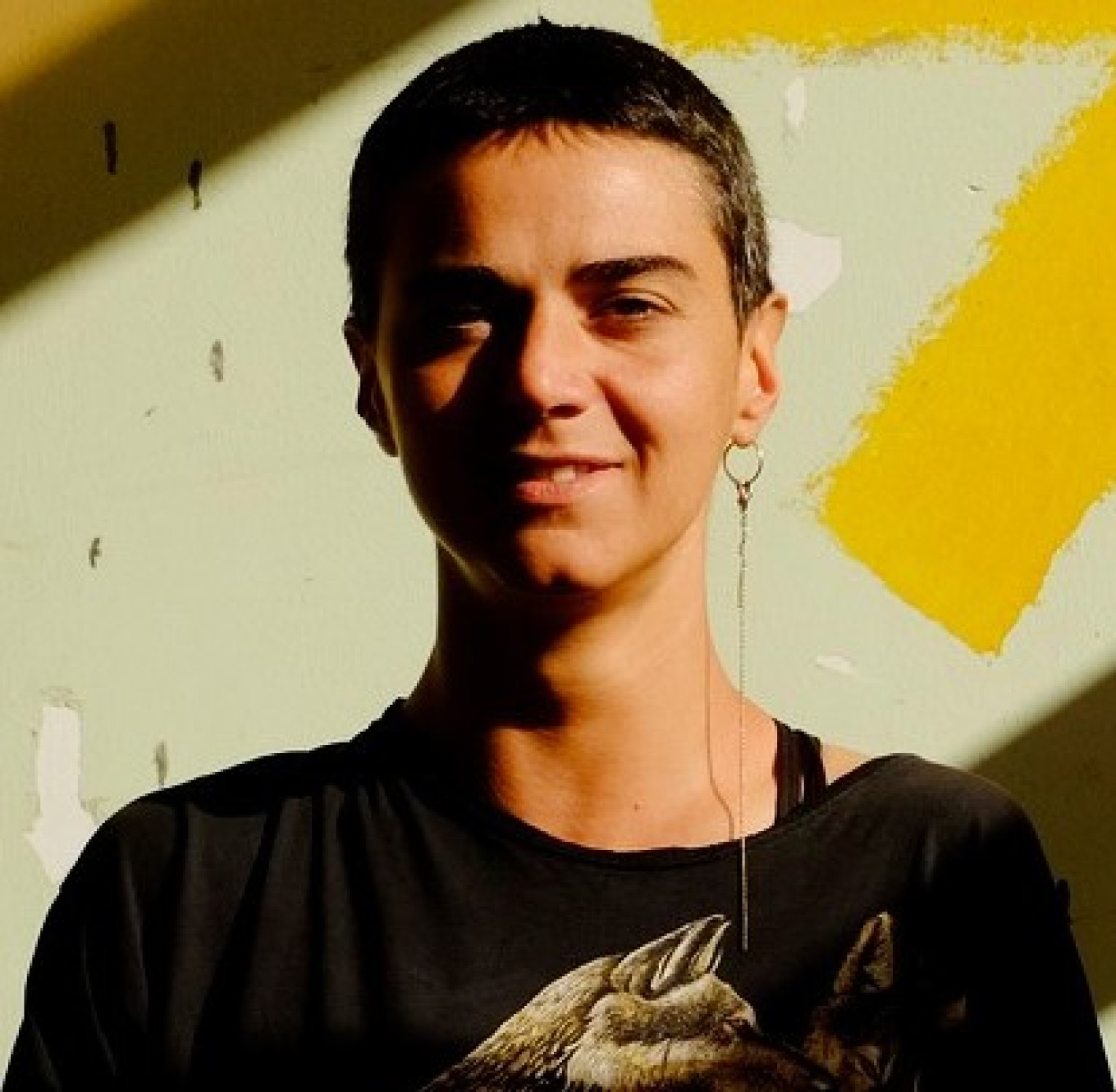
Naveriani portrays the daily lives of Georgian women who have been accustomed for centuries to being silent and staying in the shadows of men. Etero’s decision to remain unmarried and independent becomes an act of rebellion and a challenge to the strict traditions of patriarchal society. The director also explores the taboo topic of the sensuality of a mature woman whose body does not conform to traditional ideals of beauty. "While I consider film to be a political tool, I don't like taking a radical approach to social issues. I prefer to touch on them lightly, sending a certain message, a kind of hint. I believe that small steps can often be more effective than radical movements," Naveriani said.
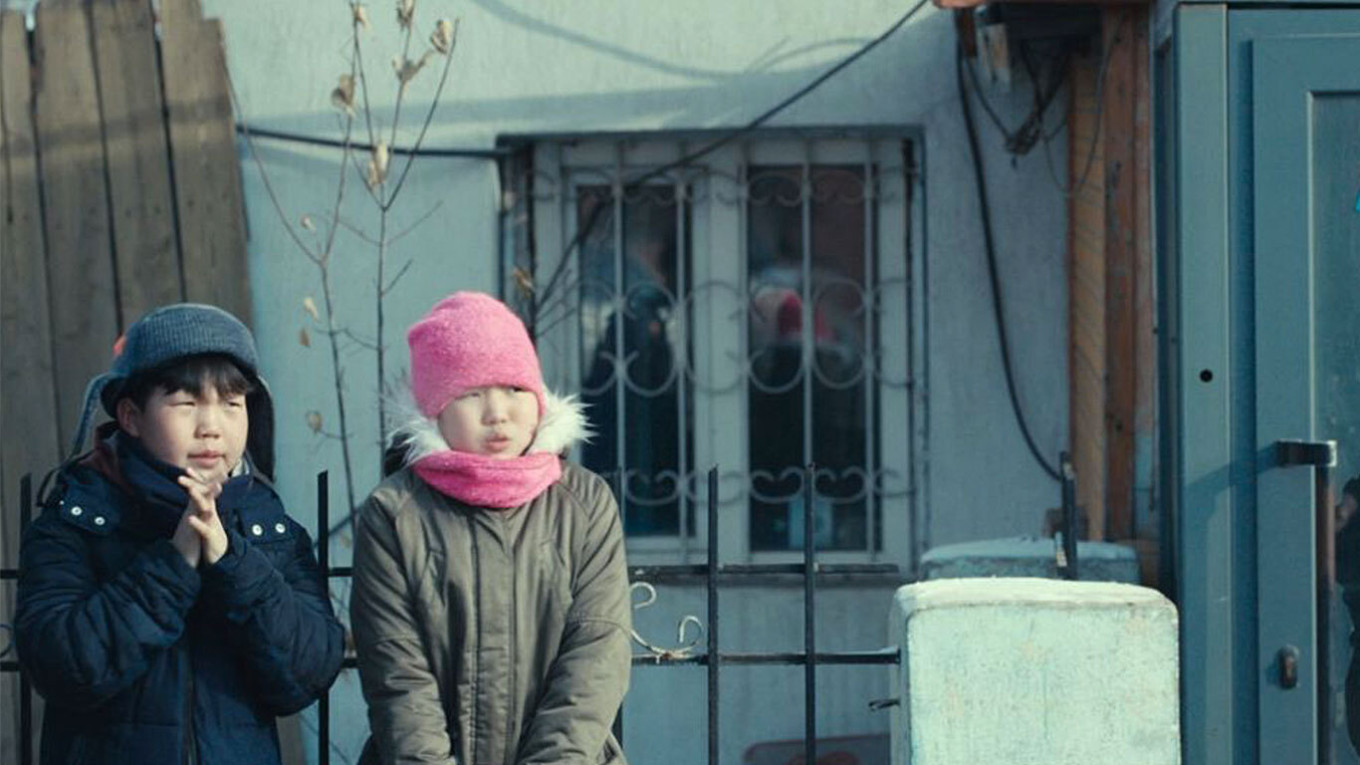
From the other side of the empire
"If Only I Could Hibernate" by the Mongolian director Zoljargal Purevdash was the first film from Mongolia ever shown in Cannes.
Mongolia has never been part of the U.S.S.R., although it was closely aligned and considered a satellite state. But when you watch the film, Ulaanbaatar reminds you of provincial Russian cities. It has the same familiar five-story buildings, Cyrillic signs here and there, and a way of life similar to that found on the outskirts of Russia. It is not surprising that during the Soviet era, Mongolia was referred to as the "16th republic."
The film tells the story of a 15-year-old boy named Ulzii, who lives in a yurt district in the Mongolian capital. Ulzii has a talent for physics, and his teacher encourages him to participate in the national Olympiad, in which he could win a scholarship and attend one of the country's best schools. However, the boy faces more immediate problems. His unemployed mother suffers from alcoholism, and the family is in dire financial straits. They don’t have enough money for food and cannot afford coal and firewood to keep their home warm during the harsh winter. When his younger brother falls ill, Ulzii drops out of school and takes up risky and illegal work as a lumberjack.
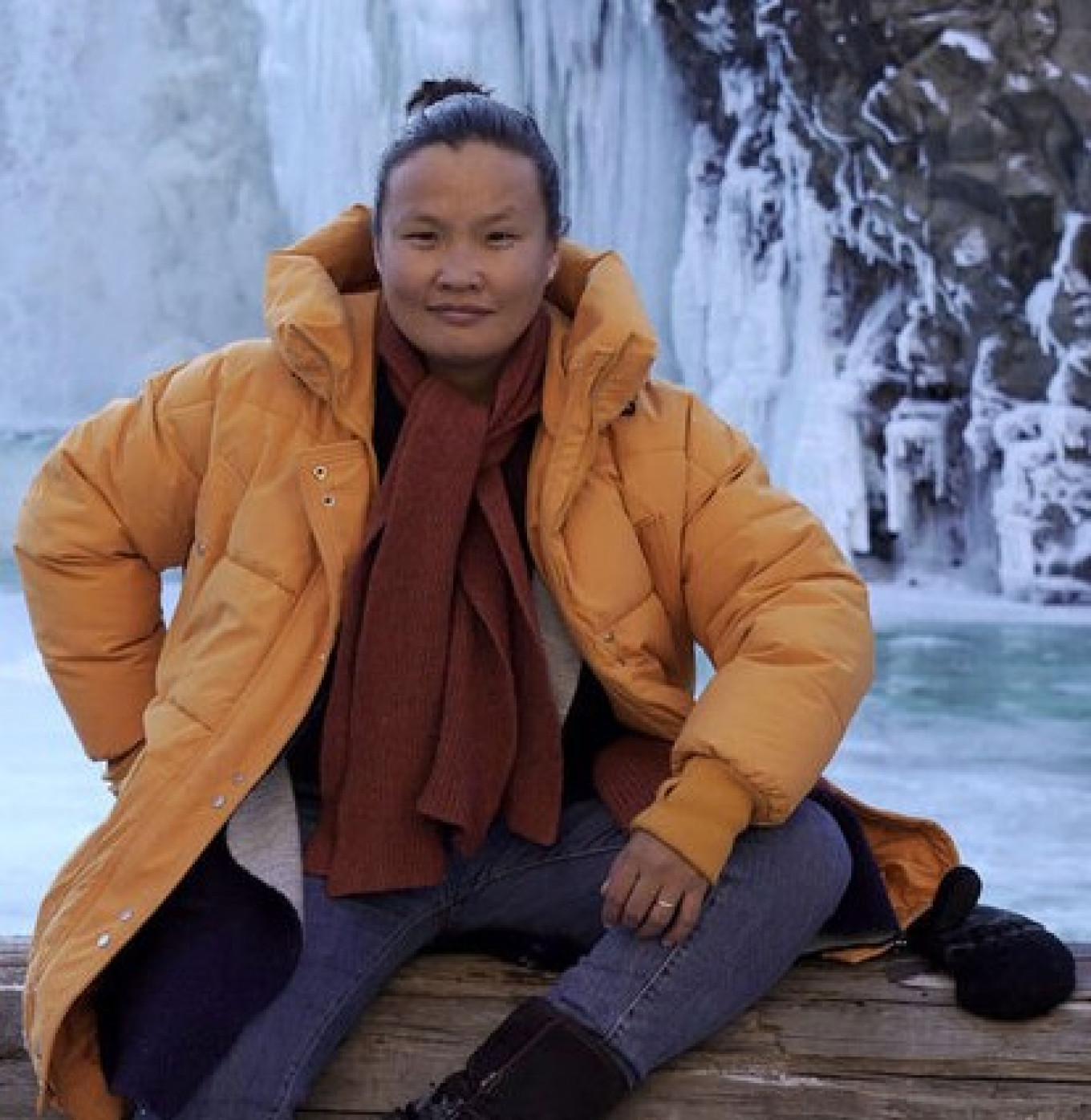
The film is partly based on the director's own autobiography. Like her protagonist, she grew up in a yurt district and was raised by a single mother. She also witnessed the difficult lives of teenagers whose parents bought alcohol instead of providing food for their children.
But “If Only I Could Hibernate” does not only depict the harsh, joyless existence of post-Soviet everyday life. As in “Blackbird Blackbird Blackberry," there is someone fighting for a new way of life. Here the hope lies with the younger generation.
“Blackbird Blackbird Blackberry” and “If Only I Could Hibernate” have not yet been released for in-theater or online viewing.
A Message from The Moscow Times:
Dear readers,
We are facing unprecedented challenges. Russia's Prosecutor General's Office has designated The Moscow Times as an "undesirable" organization, criminalizing our work and putting our staff at risk of prosecution. This follows our earlier unjust labeling as a "foreign agent."
These actions are direct attempts to silence independent journalism in Russia. The authorities claim our work "discredits the decisions of the Russian leadership." We see things differently: we strive to provide accurate, unbiased reporting on Russia.
We, the journalists of The Moscow Times, refuse to be silenced. But to continue our work, we need your help.
Your support, no matter how small, makes a world of difference. If you can, please support us monthly starting from just $2. It's quick to set up, and every contribution makes a significant impact.
By supporting The Moscow Times, you're defending open, independent journalism in the face of repression. Thank you for standing with us.
Remind me later.



